ECONOMIC GAME DESIGNER
Missions, activities, skills, training
Economic Game Designer
What is the role of an Economic Game Designer?
An Economic Game Designer (or Game Economic Designer) is responsible for designing, managing, balancing, and maintaining the economy of a video game. This includes balancing different virtual resources and numerical values within a game.
For example, if a player can accumulate gold coins in a game, the Economic Game Designer must address the following issues:
- What are the different ways to obtain gold coins in the game? In what quantity or at what rate?
- What are the different ways to spend these gold coins? What is the pricing scale?
- Is there a maximum amount of gold coins that can be accumulated?
- Can players exchange gold coins? Through what means?
- Is there a way to play that can “block” us because we do not accumulate enough gold coins?
- And so on
The Economic Game Designer models economic systems and how they interact with different game mechanics. They adjust the game rules and numerical values to ensure an optimal player experience.
If the game includes microtransactions, they ensure that optional purchases do not disrupt the gameplay experience.
The Economic Game Designer works under the supervision of the Lead Game Designer, Associate Producer, or Monetization Director, and collaborates with other production roles such as game designers, game artists, and game programmers to ensure an optimal gaming experience.
What are the tasks of an Economic Game Designer?
The Economic Game Designer ensures the proper balance of the game’s economy.
This includes:
- Designing the game’s economic systems, how the player interacts with them, and how the game responds to player actions
- Setting numerical values (prices, progression rate, thresholds, etc.) for various elements such as experience points, object power, enemy characteristics, probability of triggering random events, etc.
- Balancing free content and paid content to ensure the game remains attractive and engaging for players
- Collaborating with video game developers (game programmers, UI) to implement and resolve issues related to the game’s economy
- Working closely with game designers to ensure the game economy design integrates into the gaming experience
- Writing reports and technical documents to share data analysis results and ideas with game development teams, publishers, and investors
Skills
An Economic Game Designer’s skills should include:
- A good general knowledge of video games, including online and free-to-play games
- Knowledge of the gaming market and current trends
- Proficiency in mathematical, statistical, and game design tools to model and analyze the game economy
- The ability to understand and take into account player preferences and behaviors
- Knowledge of data analysis tools and principles and the ability to use numerical data on user behavior to set the game economy
Qualities: soft skills
Among the sought-after qualities for Economic Game Designer positions:
- Creativity
- Problem-solving
- Communication
- Teamwork
- Time management
- Adaptability and flexibility
- Perseverance and determination


How to become an Economic Game Designer at ISART?
The Game Design program (offered in Paris and Montreal) prepares students for the role of an Economic Game Designer.
In the Bachelor’s program, students learn the fundamentals of Game Design and develop a strong video game culture. They learn to communicate and formalize game concepts and mechanics. The courses and masterclasses in the Master’s program focus on specialized topics.
Students create original and high-quality games in collaboration with the school’s video game programs. They are exposed to an industry-like context while benefitting from great creative freedom.
The final year of the Master’s program allows students to deepen their knowledge of Level Design, Game Theory, Prototyping, and specialize in Narrative Design or Product Management.
Admission (profile, process)
The program is accessible after high school, upon successful completion of the admission tests.
These include a portfolio, an interview, and written tests.
The admission test dates are indicated on the Admission page.
Graduate feedback
ISART graduates pursue successful careers, notably within Ubisoft studios. Ubisoft even devoted a story to them on « What is In-Game Economy ».
Nathan Lemaire | Senior Game Economy Designer | Ubisoft (class of 2016)
«ISART Digital is a school that manages to combine the necessary theoretical content with the development of analytical skills and the learning of the techniques required for any future video game developer. Thanks to its speakers, multidisciplinary projects, and work-study programs, the school is a real springboard to the industry that has allowed me to seize the opportunities I aspired to.»



